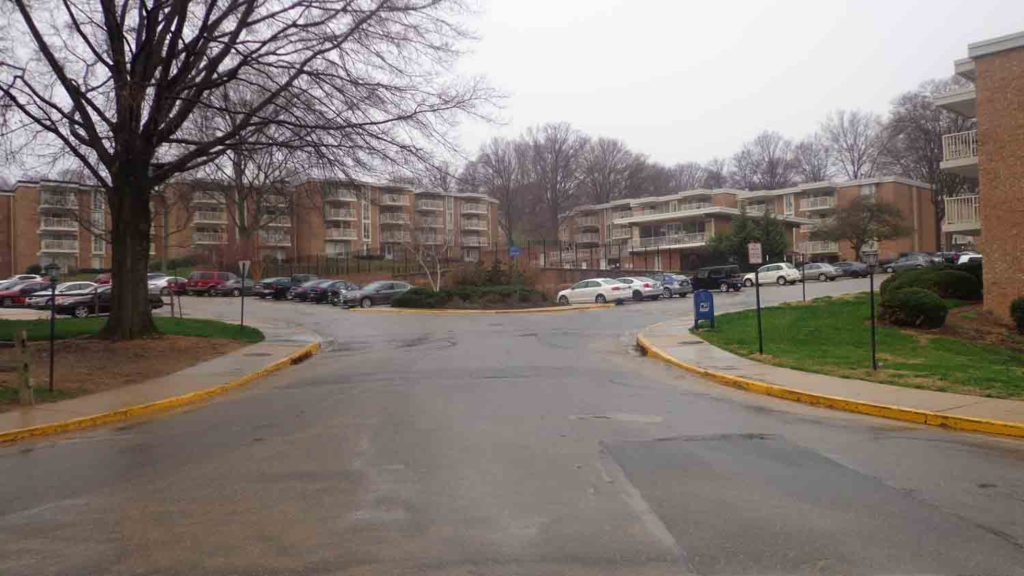
I’m republishing my series regarding considerations for buying condominium units. I originally published it in March of 2015 on the Examiner. I’d lived in my condominium community for six years, and within that time there were quite a few surprises which I wanted to warn first-time home buyers about.
* * *
Some of my earlier pieces discussed my experiences with Dave Ramsey’s Financial Peace University (FPU). Recently at the Alfred Street Baptist Church our class went over module number nine which dealt with real estate and mortgages. In the module, Ramsey and one of his teachers, Chris Hogan discussed several dos and don’ts regarding mortgages and purchasing homes. Some of their key points were:
• Don’t rush into owning if you’re not ready as it can have long-term ramifications if not properly prepared for;
• Make sure you have enough money saved up for the down payment and for maintenance;
• Make sure the mortgage payment doesn’t exceed 25% of your monthly income and;
• Don’t agree to adjustable rate mortgages, interest only mortgages, or 3% or less down mortgages.
Watching the video was humbling for me as my own path to ownership involved some of the very things they said not to do, such as agreeing to a 3% down mortgage – something I did out of ignorance. Just briefly, agreeing to something like a 3% down mortgage is bad because the buyer is ‘over-leveraging’, and it usually creates two loans to payback. This will be discussed in greater detail in a separate piece.
My first home purchase was a condominium unit. It was purchased in 2009, just as the damage and after effects of the Great Recession started settling. It was also just in time to benefit from the $8,500 “Obama Tax Credit”. My unit was particularly close to Washington, DC’s metro system (WMATA) which appealed to me since my car was on its last leg. Being so close to the metro, the unit fell in line with the “Location, Location, Location” rule about real estate.
After getting approved for the financing, and closing on the unit, it seemed to be victory. I jumped from being a renter to an owner and good times seemed to be on the horizon. While the purchase of my condominium unit seemed to be a ‘slam dunk’, and all my years of schooling seemed to be paying off, a great deal of heartache and hardship were on the way.
Neither of my parents were familiar with condominium units. They both owned duplexes in Upstate New York (~2000 square feet total for each house) with front and back yards, and garages. Both their homes were ironically valued less than my condominium unit (~950 square feet). Both of their homes had two separate units under one mortgage, something you can’t find in the Washington, DC area, probably due to local laws and ordinances.
Just briefly a condominium is a building or complex of buildings containing several individually owned apartments units. When you buy a condominium unit, you’re not just buying your unit, you’re also buying into a community with a “Homeowner’s Association”, a “Board of Directors”, and more importantly, common financial interests, costs and destinies. The board is charged with maintaining the complex and taking care of repairs to common areas (walls out), while the unit owners are responsible for the maintenance of their own units (walls in).
This short series on condominium units will discuss:
• Why it’s important to ask the right questions when purchasing a condominium unit;
• As a unit owner, why it’s important to plan to keep extra money parked one’s savings and on hand for emergencies;
• What happens when condominium associations don’t plan for routine maintenance and how that catches up with unit owners in the long run and;
• What happens when the board of directors and unit owners are split on issues concerning their condominium community.
As will be described in part two of this article, there are unique issues to buying into condominium communities. Specifically, the importance of doing one’s due diligence and what condominium communities do when money needs to be raised within the community for emergencies and special projects will be discussed.
Thank you for taking the time out to read this blog post. You might also enjoy:
• Are you getting your Matching Contribution? A discussion on saving for retirement
• A look at the Law of Compounding Interest and why you should care
• Your Net Worth, your Gross Salary, and what they mean
• Is there power in budgeting your money?
• I still don’t have a car in 2018: A story about playing financial chess
• We should’ve bought Facebook and Bitcoin stock: An investing story
If you’ve found value here and think it would benefit others, please share it and or leave comments. To receive all of the most up to date content from the Big Words Blog Site, subscribe using the box in the right-hand column in this post and throughout the site, or add the link to my RSS feed to your feedreader. Please visit my YouTube channel entitled, Big Discussions76. Lastly follow me on Twitter at @BWArePowerful, on the Big Words Blog Site Facebook page, and on Instagram at @anwaryusef76. While my main areas of focus are Education, STEM, and Financial Literacy, there other blogs/sites I endorse which found on that particular page of my site.
